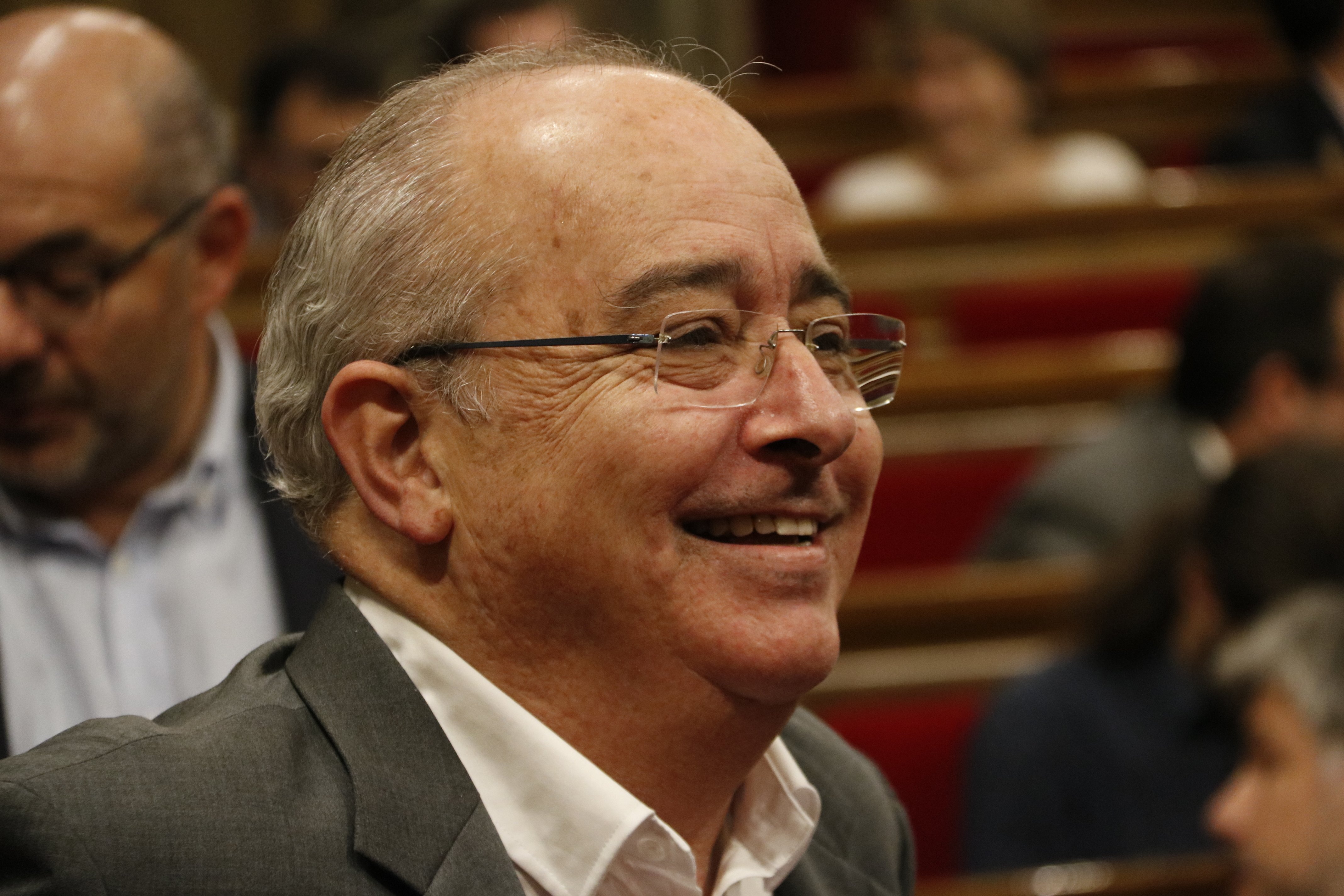Catalan education minister Josep Bargalló has criticized the persecution by "certain political parties and media" which the teaching community of a Catalan secondary school was subject to over a period of more than 18 months. Bargalló was speaking on Saturday morning on the Catalan radio station RAC1, after a court announced on Friday that it was dismissing the last three cases remaining out of nine "hate crime" accusations made against teachers at the IES El Palau secondary school in Sant Andreu de la Barca, near Barcelona. It had been alleged that teachers had discriminated against students who were the children of Civil Guards in the days following the Catalan independence referendum on October 1st, 2017.
Bargalló criticized the harassment suffered by the accused professors and the problems that it had caused them: "This cannot be compensated for in any way." He recalled that in the face of pressure, eight of the nine teachers accused had requested transfers to other schools. But in the end, he said, the judge's decision shows "that there was no basis in fact" for the claims and that "no indoctrination" had taken place.
The minister attributed responsibility to "certain media and certain politicians", whom he accused of "unwarranted harshness". Bargalló gave the example of a controversial tweet by Ciudadanos leader Albert Rivera in April 2018 that included photos of all the teachers and asserted they had "singled out" some students.

Translation of tweet: "The separatist teachers who publically singled out the children of Civil Guard officers in Catalonia. The public prosecutors are investigating them for hate crimes, but the Spanish government says it won't open a case against them. Cowardice never defeated nationalism." - Albert Rivera, leader of Ciudadanos party. 29th April 2018.
The article which the Cs leader was circulating, which featured the photos of all the accused, was a piece headed "The nine notorious Catalan teachers" published by Spanish daily El Mundo.
Judge: insufficient "gravity"
In Friday's court decision, the judge concluded that there was not enough evidence to keep open the cases against the teachers for alleged hate crimes and offences against ethical integrity. Six cases against other teachers had been dropped in recent months, in a controversy that began when the IES El Palau secondary school was used as a voting centre for the Catalan referendum on 1st October 2017. The school is located close to a Civil Guard barracks and some of the Civil Guard officers who took part in closing down of the voting centre on 1st October were the parents of students at the school.
One of the three cases just dismissed related to the complaint of a first-year high school student, daughter of a Civil Guard officer. According to the girl, on October 2nd, 2017 - the day after the vote - her teacher told the classroom that she was not in a position to give classes because the officers who had intervened to stop the vote had been "animals", and for that reason she preferred to allow the class to hold an open debate on the referendum day events. The same student explained that the teacher had invited her to leave the classroom if she felt uncomfortable.
The judge considered that the teacher's action was an example of a case in which freedom of expression comes into conflict with actions that can "intensify violence." In these situations, the judge said that the justice system penalizes attitudes that "propose, promote or justify hatred based on intolerance," but he also pointed out that criminal proceedings should only investigate matters of gravity. In the case of the El Palau school teacher, he said that an investigation should be carried out through the education department's administrative channels, which is why he decided not to continue with the criminal case.

